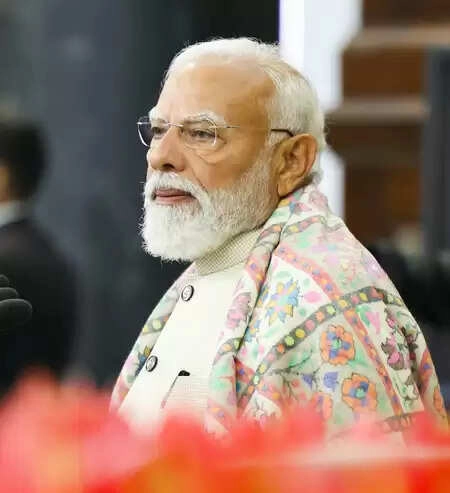In a recent interview, Indian cricketer Robin Uthappa opened up about the challenges he faced during his career, particularly focusing on a teammate whom he felt played a significant role in alienating him from a notable Indian star. Uthappa, known for his candid nature, recounted instances that led to a growing rift between him and the star player, which ultimately impacted his performance and mental well-being. The cricketer emphasized that the dynamics within a team can profoundly affect individual relationships, and in his case, the actions and attitudes of a fellow teammate created an environment of tension and misunderstanding.
Uthappa elaborated on how the particular teammate’s behavior and comments contributed to a sense of isolation. He described feeling estranged, as if he was being sidelined not just in terms of team dynamics but also in his professional aspirations. The alienation was not merely a matter of personal feelings; it extended to the cricketing field, where Uthappa found it increasingly difficult to focus and perform at his best. The emotional toll of being distanced from a key player in the squad added layers of complexity to his career, making it challenging to navigate both on and off the field.
In reflecting on this experience, Uthappa highlighted the importance of camaraderie and mutual respect within a team. He underscored that cricket, while a competitive sport, thrives on collaboration and support among players. The incidents he recounted serve as a reminder of how interpersonal relationships can significantly influence not just individual performance, but also the overall harmony and success of a sporting team. Uthappa’s story is a poignant example of the human side of professional sports, shedding light on the emotional challenges athletes often face, which are seldom discussed in public forums.
Ultimately, Uthappa’s candidness about his struggles is a call for better communication and understanding within teams. By sharing his experiences, he hopes to encourage a more supportive environment for young players, fostering connections that can withstand the pressures of professional sports. This narrative invites both fans and aspiring cricketers to consider the psychological dimensions of the game, reinforcing the idea that success is not solely defined by statistics but also by the relationships built along the way.




